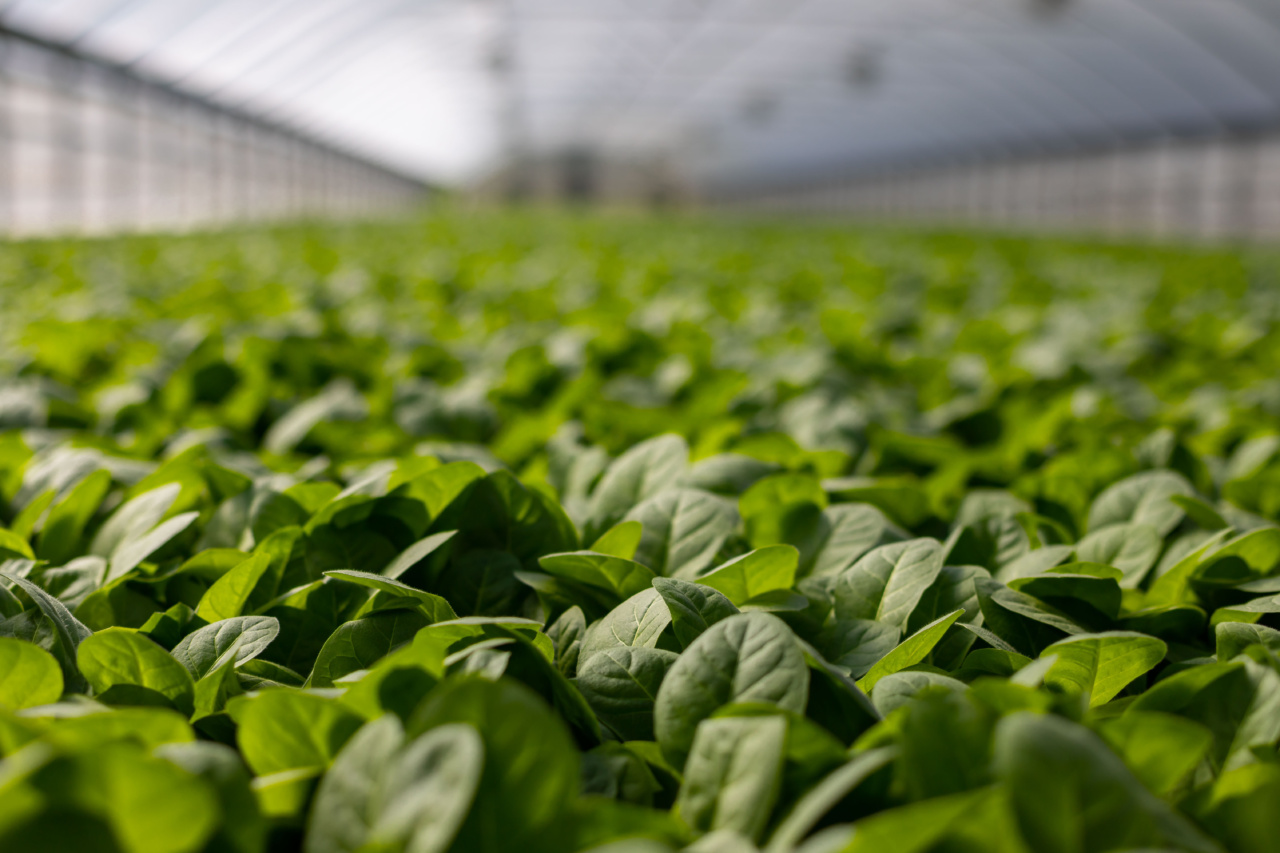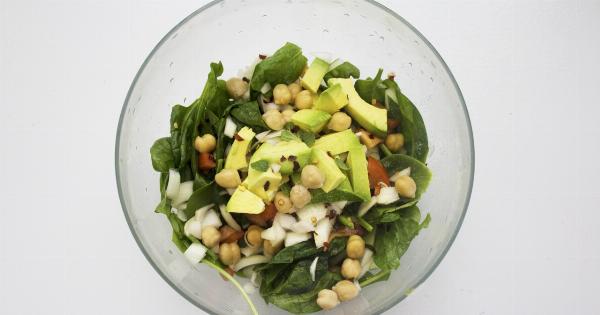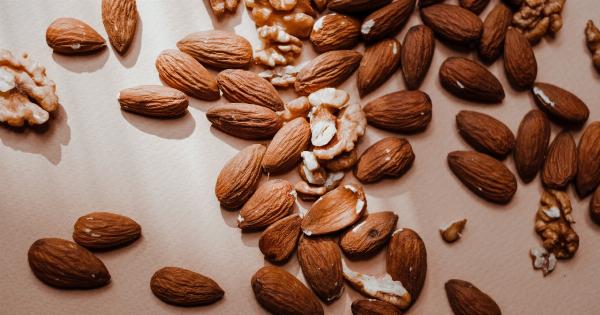When it comes to consuming vegetables, many of us may be confused as to whether frozen or fresh is a better option. Both fresh and frozen vegetables have their positives and negatives.
In this article, we will take a deep dive into the in-depth analysis of both and try to figure out which one is better for our overall health.
Nutritional Value
As far as the nutritional value is concerned, the fresher the vegetables, the better in terms of nutrient intake. Fresh vegetables contain more nutrients as compared to their frozen counterparts.
However, the difference in nutritional value between fresh and frozen vegetables is not that significant. The nutritional value of frozen vegetables depends mainly on their time of freezing and method of freezing.
The vegetables that are frozen soon after harvesting and follow the proper process of blanching or steaming before freezing may retain more nutrients and can be as nutritious as fresh vegetables.
In contrast, the vegetables that are steamed after freezing may lose certain nutrients, such as vitamins C and B. Additionally, the texture and taste of the frozen vegetables may not be as satisfactory as fresh vegetables.
Availability and Convenience
When it comes to convenience, frozen vegetables have an upper hand. They are available year-round and can be bought in bulk, which can save both money and time.
Fresh vegetables, on the other side, are not always easily available, and their availability depends on the season. Also, fresh vegetables require washing, peeling, and chopping before use, which can be time-consuming.
Cost
The cost of the vegetables varies depending on their availability and location. Fresh vegetables tend to be more expensive during the offseason or when they are not locally grown.
In contrast, frozen vegetables are often less expensive than fresh vegetables and can be bought in bulk, making them more affordable for people on a budget.
Storage
Proper storage of vegetables is crucial to maintain their nutritional value and freshness. Fresh vegetables have a shorter shelf life than frozen vegetables and can spoil quickly if not stored correctly.
They need to be stored in a cool, dry place and used within a few days to retain their freshness and nutritional value.
Frozen vegetables, on the other hand, have a longer shelf life and can be stored in the freezer for up to 8-10 months. They do not require any additional preparation or cleaning and are ready to use straight from the freezer.
Taste and Texture
Fresh vegetables have a crisp texture and a sweeter taste as compared to frozen vegetables. The texture of frozen vegetables can be mushy, and the taste may not be as fresh or exciting.
However, this depends on the type of vegetable and the method of freezing. Vegetables like green beans, broccoli, and cauliflower tend to hold up better to freezing and may retain their texture and flavor better than other types of frozen vegetables.
Conclusion
Both fresh and frozen vegetables have their positives and negatives, but the decision to choose one over the other depends on your individual preferences and priorities.
If you have easy access to fresh vegetables grown locally and prefer the taste and texture of fresh vegetables, go for them. However, if you have a busy lifestyle, are on a budget, or live in an area where fresh vegetables are not readily available, frozen vegetables can be an excellent option for you.






























